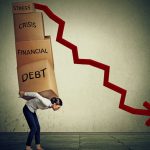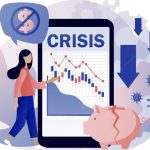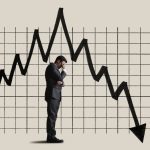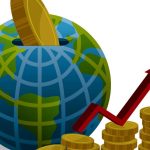As policymakers look for ways to improve the state’s economy, one of the most important factors they consider is the security of its citizens. By creating a stable environment in which businesses can flourish, and people can find work, the state can provide economic security for its residents. This not only benefits individuals and their families but also helps to boost the overall economy. In order to maintain this stability, policymakers must consider various factors when making decisions about taxation, spending, and regulation. By working together to create an efficient and effective system, the state can provide economic security for all its residents.
Steps to increase the economic security of the state
The economic security of the state is essential for the well-being of its citizens and for the stability of the state itself. A secure state can provide for its people’s basic needs, including food, shelter, clothing, healthcare, and education. It is also one that can protect its citizens from threats to their safety and security.
To maintain a secure state, a government must have a strong economy. A strong economy provides the resources necessary to meet the needs of the people and to defend the state from external threats. On the other hand, a weak economy leaves a state vulnerable to internal and external threats.
Many factors contribute to a strong economy. One of the most important is a stable political system. A stable political system provides the framework for an economy to function effectively. It also creates an environment that is conducive to investment and economic growth.
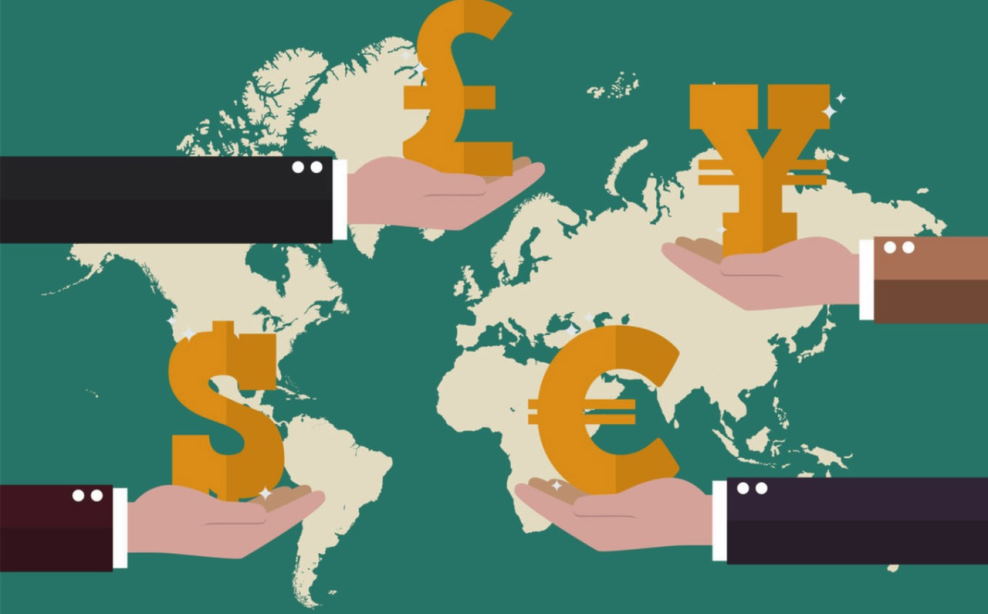
Another important factor is a well-educated workforce. A well-educated workforce is necessary for an economy to be productive and innovative. In addition, a well-educated workforce is more likely to be employed, contributing to the economy’s overall health.
Finally, a strong economy requires access to markets. Market access allows businesses to sell their products and services to a wider audience, stimulating economic growth.
Many other factors contribute to the economic security of the state. However, these are some of the most important.
Economic security: important dimension of national security
In recent years, economic security has gained increasing prominence in discussions of national security. This is due in part to the growing importance of the global economy and the realization that a nation’s economic strength is essential to its overall security.
Economic security is often defined as a nation’s ability to provide adequate economic prosperity and opportunity for its citizens. It includes ensuring that businesses have access to the markets and resources they need to prosper and that workers have the skills and opportunities necessary to find good jobs. A secure economy also provides social safety nets that protect people from poverty and insecurity.
There are many ways to measure economic security, but one common approach is to look at a nation’s Gross Domestic Product (GDP) per capita. This measure captures the overall size of the economy and how it is divided among the population. A high GDP per capita indicates a strong economy that can provide opportunities and security for its citizens.
Another important aspect of economic security is employment. A secure economy provides good jobs for its citizens, with stable wages and working conditions. Therefore, a key goal of economic policy should be to create an environment where businesses can thrive and create jobs.

Many other factors contribute to economic security, including infrastructure, education, and innovation. A nation’s ability to compete in the global economy depends on having a strong foundation in these areas.
Investing in economic security is essential to protecting a nation’s overall security. A strong and prosperous economy provides the resources necessary to fund national security initiatives, such as defense spending and foreign aid. It also allows a nation to weather economic shocks, such as recessions or financial crises.
The concept of economic security is often discussed in the context of globalization. In a globalized economy, businesses can choose to locate anywhere in the world. This creates pressure on nations to provide an attractive environment for investment. Consequently, nations seen as economically secure are more likely to attract businesses and investment.
Globalization has also led to the rise of multinational corporations. These companies have operations in multiple countries and often have more power than individual nations. As a result, they can exert significant influence over the global economy.
The globalization of the economy has led to increased competition for jobs and resources. This has put pressure on wages and working conditions and has made it more difficult for people to find good jobs. In response, many nations have adopted policies designed to protect workers and promote economic security.
The concept of economic security is complex, and there is no single formula for ensuring it. However, investing in the foundations of a strong economy is essential to protecting a nation’s overall security. A nation can provide its citizens with the opportunities and security they need to prosper by creating an environment conducive to business investment and job creation.

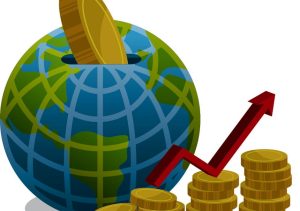





 I am an economist and nature lover. By day, I serve as director of economic policy initiatives & institute fellow at the Finance Institute. By night, I muse about economics, finance, nature, and life here at makewallstreetpay.org. I also advise and invest in start-up companies.
I am an economist and nature lover. By day, I serve as director of economic policy initiatives & institute fellow at the Finance Institute. By night, I muse about economics, finance, nature, and life here at makewallstreetpay.org. I also advise and invest in start-up companies.